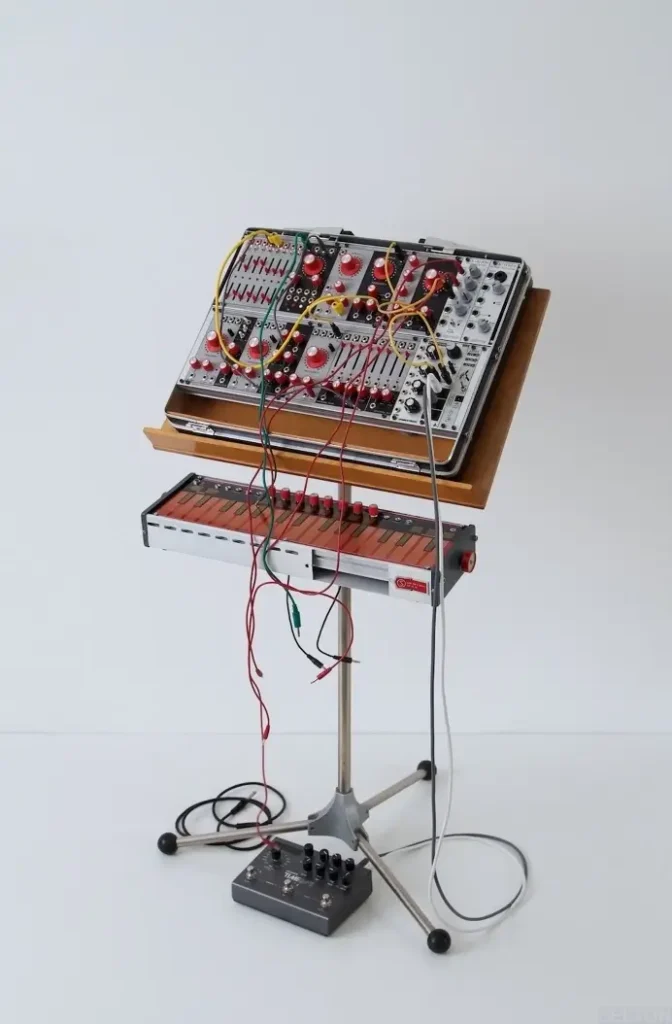The Role of a Music Software Engineer: Advancements and Skills
Music software engineering is an exciting field that combines the technical aspects of software engineering with the creative elements of music. A music software engineer is a professional who designs, develops, and maintains software applications used in the music industry. They work with musicians, producers, and sound engineers to create and enhance software that is used to create and produce music.
In this post, we’ll explore the role of a music software engineer, their skills, and the advancements in the field. We’ll also discuss how to pursue a career in music software engineering.
What is a Music Software Engineer?
A music software engineer is a professional who designs, develops, and maintains software applications used in the music industry. They work with musicians, producers, and sound engineers to create and enhance software that is used to create and produce music.
They use their knowledge of software engineering principles, programming languages, and music theory to create software that meets the needs of musicians and sound engineers. Their work includes designing and developing software for music production, recording, mixing, and mastering.
Skills Required for a Music Software Engineer
To become a music software engineer, you need to have a solid foundation in software engineering principles and programming languages. You also need to have a good understanding of music theory and the music industry.
Some of the essential skills required for a music software engineer include:
- Programming Skills: You need to have a good understanding of programming languages like C++, Java, Python, and Ruby.
- Software Development: You need to have experience in software development and be familiar with software development processes.
- Music Theory: You need to have a good understanding of music theory, including music notation, chords, and scales.
- Audio Programming: You need to have experience in audio programming and be familiar with audio processing tools and techniques.
- Communication Skills: You need to have excellent communication skills to work effectively with musicians, producers, and sound engineers.
Advancements in Music Software Engineering
The music industry is constantly evolving, and with it, music software engineering is also advancing. Here are some of the latest advancements in music software engineering:
- Artificial Intelligence: Music software engineers are using artificial intelligence to create software that can recognize and analyze music. This technology is used to create software that can identify the key, tempo, and rhythm of a song.
- Virtual Reality: Music software engineers are also using virtual reality to create immersive music experiences. This technology allows users to interact with music in new and exciting ways.
- Cloud Computing: Cloud computing is also being used in music software engineering. This technology allows musicians and sound engineers to collaborate on projects from anywhere in the world.
- Mobile Apps: Mobile apps are becoming increasingly popular in the music industry. Music software engineers are developing apps that allow users to create and share music using their smartphones.
Career and Education
If you’re interested in pursuing a career in music software engineering, there are several paths you can take. You can start by earning a degree in computer science or software engineering. You can also take courses in music theory and audio programming to gain the necessary skills.
There are also online courses and certificate programs that can help you get started in music software engineering. The NYU x Billboard | Music Industry Essentials online course and certificate program is an excellent option for those looking to learn more about the music industry and gain practical skills in music software engineering.
Key Takeaways
In conclusion, music software engineering is an exciting field that combines the technical aspects of software engineering with the creative elements of music. To become a music software engineer, you need to have a solid foundation in software engineering principles, programming languages, and music theory.
Advancements in music software engineering include artificial intelligence, virtual reality, cloud computing, and mobile apps. If you’re interested in pursuing a career in music software engineering, consider taking the NYU x Billboard | Music Industry Essentials online course and certificate program to gain practical skills and knowledge of the music industry.




